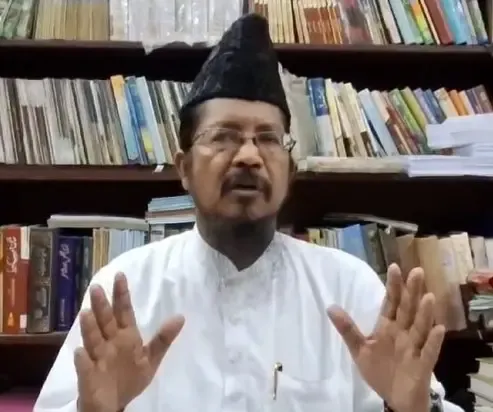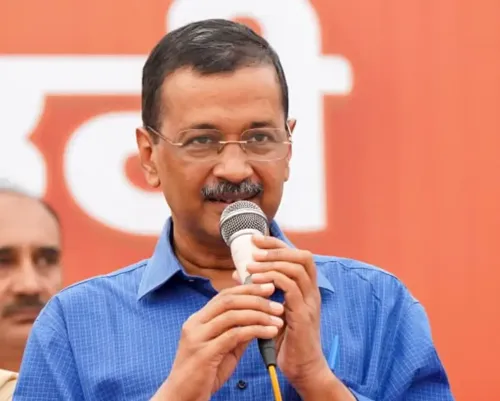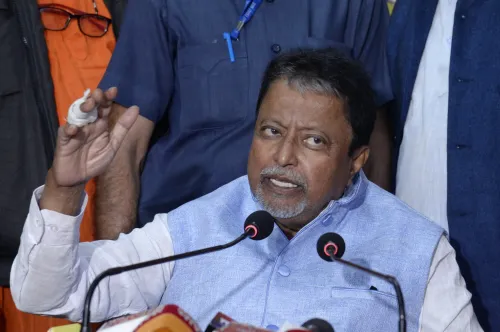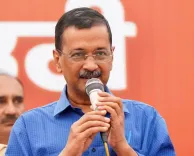Waqf Bill: A Boon for Muslims, Not a Threat, Says Shahabuddin Razvi

Synopsis
Key Takeaways
- Waqf (Amendment) Bill will benefit Muslims.
- No threat to mosques or religious sites.
- Opposition accused of misleading the public.
- Funds from the bill aimed at public welfare.
- Corruption in Waqf management to be addressed.
Bareilly, April 2 (NationPress) Chief of the All India Muslim Jamaat, Maulana Shahabuddin Razvi, declared on Wednesday that the Waqf (Amendment) Bill does not endanger Muslims, but rather offers them considerable advantages. He accused some political factions of deceiving the public by inciting unwarranted fears about the bill.
"I am optimistic that the Waqf (Amendment) Bill will pass through Parliament smoothly, without any disruptions. The opposition will undoubtedly create a disturbance as they aim to engage in vote bank politics, thus attempting to safeguard their constituents," Razvi stated.
He dismissed apprehensions that the bill could jeopardize the Muslim community, asserting, "There is no threat to Muslims from the Waqf (Amendment) Bill. The All India Muslim Personal Law Board (AIMPLB) and other politically affiliated individuals are instilling fear in Muslims, misguiding them, circulating falsehoods, and fostering misconceptions."
"I want to reassure Muslims that their mosques, eidgahs, dargahs, or graveyards will not be taken away. This information is purely a rumour," he added.
Razvi has previously expressed concerns about various Muslim organizations and political entities allegedly misleading the community concerning this bill. He has also accused the AIMPLB of deviating from its core mission and being swayed by political motivations.
Elaborating on the bill's advantages, Razvi remarked, "The revenue generated post-amendment will be allocated for the welfare of poor, vulnerable, devout, and widowed Muslims. This will foster their advancement and development. Efforts will be directed towards education, and the funds raised will be used to establish and maintain schools, colleges, madrasas, and mosques."
He further expounded on the bill's purpose, stating, "The original intent of the Waqf, as envisioned by our predecessors, was to invest the income for public welfare initiatives. Unfortunately, corruption had hindered this objective."
"This new bill aims to eradicate corruption, ensuring that funds are directed towards legitimate causes. This is aimed at the progression of Muslims, who will gain from it. The illicit sale of Waqf board properties worth crores for personal profit will be curtailed, and the income will be utilized for rightful purposes," he added.
Expressing hope for the bill's unimpeded passage, Razvi remarked, "We anticipate that this bill will be approved in both Houses of Parliament, the Lok Sabha and the Rajya Sabha, and that it will serve the interests of Muslims, marking a significant milestone for public welfare."









